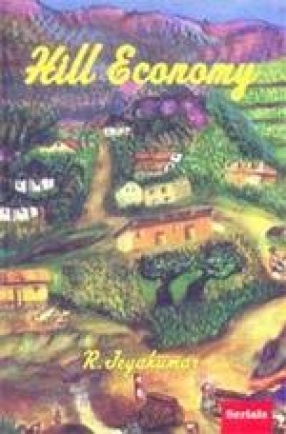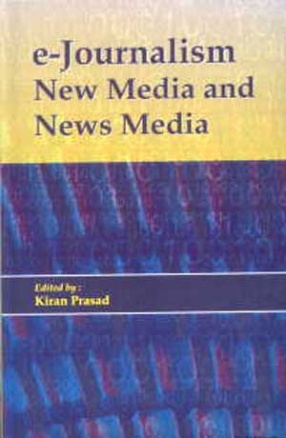Mountain areas over significant part of the earth. About 10 per cent of the world’s population lives in the mountains. Mountains produce water, energy, minerals, forest and agricultural products and are areas of recreation. They also store the biological diversity necessary for the sustainability of human life. The people, who invalidated the Palamathi hill village, were the migrants from the surrounding places located in Tamil Nadu, Karnataka and Andhra Pradesh. What is their socio-economic condition? Though they are living in the hills, they are not treated as tribal. The special privileges, enjoyed by the tribals, are denied to them. The facilities available in the hill villages are far from adequate compared to the plain. Then, why these people continue to stay in the hill? What are the development programs implemented in the villages? How far the people have derived benefit from these programs? The present study is directed towards the above issues. The major findings of the study are quite revealing. The inhabitants, migrated from various places in plains, continue to live at the hill because of their love of nature in spite of various hardships. The higher income group enjoys better social status in terms of literacy and housing. The low economic condition of the poor households could be attributed to lack of assets, low wages, unemployment and debt. Majority of low-income group of people found to be living in poverty. The development programs had touched only a small group of people. The impact of the development programs on the inhabitants has not been effective because the change in occupation has been very low. The high degree of awareness about the resources at the hill is a positive aspect to be preserved and promoted. It ipso factor reveals that the inhabitants have identified with the nature. Some of the recommendations like promotion of tourism in palamathi hills, implementing minimum wages to workers, distribution of forest land to the landless people, creation of infrastructures like roads, educational facilities, electricity, water, hospital, adequate transport, retail shops etc., would go a long way in mitigating the long pending needs of the nature loving people of this hill.
Hill Economy
by R. Jeyakumar
$19.80
$22.00
In stock
Free & Quick Delivery Worldwide
All orders amounting to US$ 50 or more qualify for Free Delivery Worldwide. For orders less than US$ 50, we offer Standard Delivery at $14 per book.
ABOUT THE AUTHOR R. Jeyakumar
Dr. R. Jeyakumar started his career as a lecturer at the Institute of Social Sciences and research, Jabberpet, India. And he was promoted as a senior lecturer in the year 1996. He was also assigned the job as a co-coordinator for National Open School. In 2000 he got a foreign assignment and he worked as a visiting professor at the Agricultural Institute (ISAE) Rwanda. Later, he worked as a research Editor in the New Times English news paper in Rwanda. He is one of the contributor of the new Times and an independent consultant of agriculture, economics and rural development related projects. He is very much interested in research activities. He was awarded PhD degree in economics and B.A. in economics. He also studied M.A. History, M. Ed, B. Ed, Post graduate diploma in Tourism, post graduate diploma in geography, Diploma in Labour Welfare and Diploma in Industrial relations. He is associated with various researchers and received training in Rural development in YMCA, Marthandam. He is a nature artist and has very many pictures to his collection. He is a prolific writer and he has contributed a number of articles in ews papers and journals in National and International national level. He’s life member of Indian economic association and Tamil Nadu economic association.
reviews
0 in total
Review by Anonymous
Be the first to review “Hill Economy” Cancel reply
You must be logged in to post a review.
Bibliographic information
Title
Hill Economy
Author
Edition
1st ed.
Publisher
Serials Publications, 2006
ISBN
8183870554
Length
xii+166p., Tables; Figures; Maps; Notes; 23cm.
Subjects
similar bookssee more
Women, Social Exclusion and Inclusion
$43.20
$48.00





There are no reviews yet.